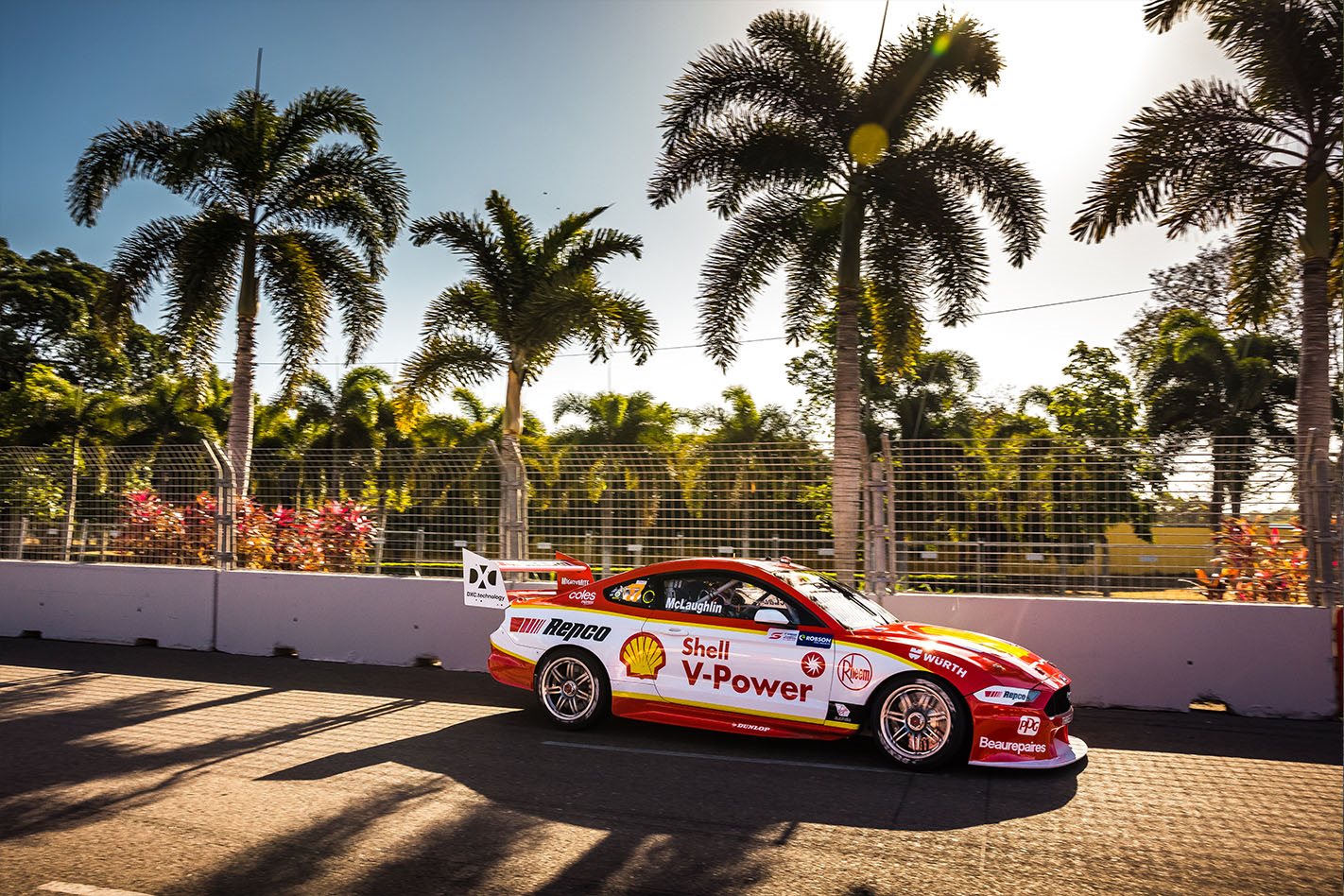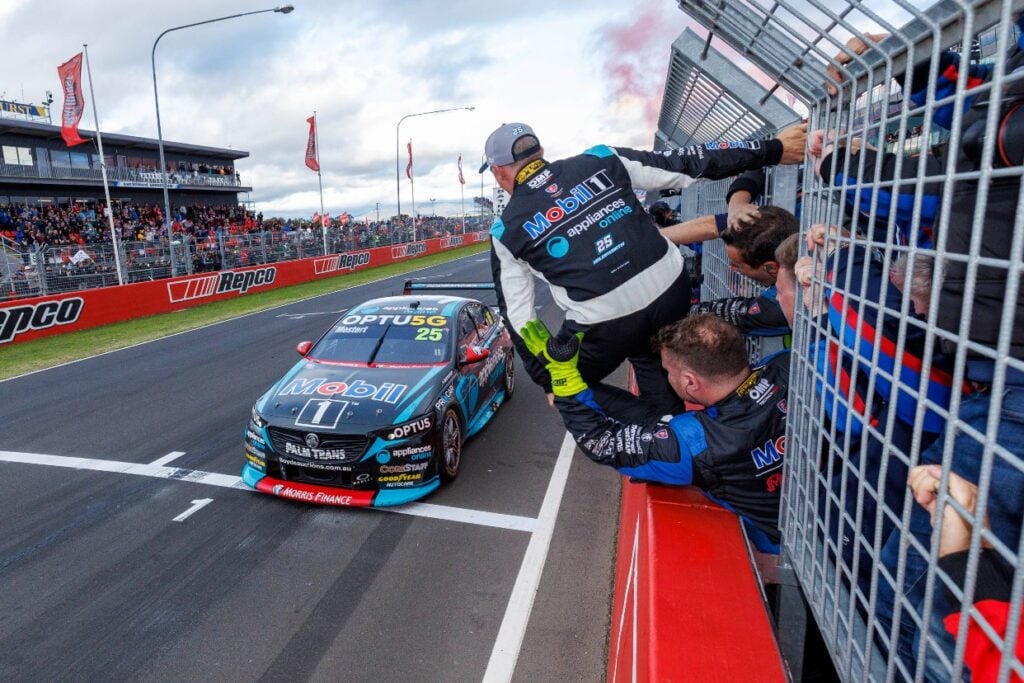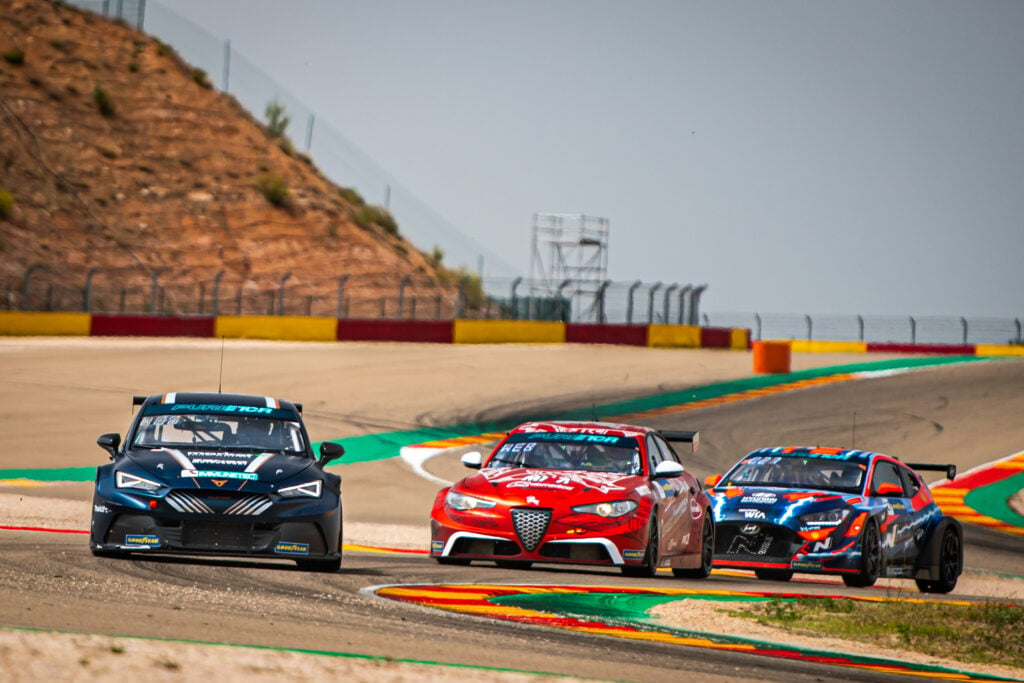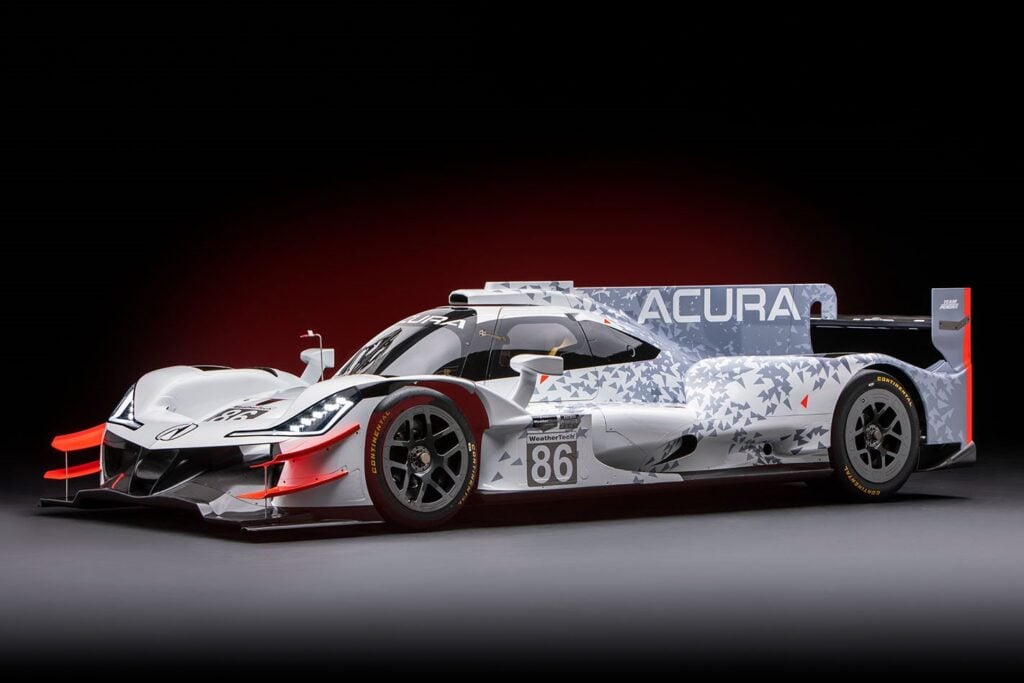By trying to lower the barrier of entry for new manufacturers, Supercars could inadvertently endanger the involvement of Ford in the championship.
Supercars is currently working on its 2022 ruleset, dubbed Gen3, and is brainstorming ways to make it easier for new manufacturers to get involved in the sport.
Currently teams or manufactures are responsible for the development process of homologating a body to compete in the series. One of the options being considered by Supercars is to take process (and associated cost) in-house with its own technical team.
The purpose of doing this is to reduce the development costs that a new manufacturer would need to invest if it joined the championship (effectively making it more affordable to compete).
The Gen3 regulations will see a tweak to the rules around bodies currently used in Supercars – with the intention to make the road cars more visually representative of their road-car equivalents.
Supercars chief strategy officer John Casey spoke to Wheels recently for a lengthy discussion about the new Gen3 regulations. During which, he revealed what the category intends to do with the race car’s bodies in 2022.
“Obviously if we are representing a car or a brand on the grid, we need to make sure that we do that in a faithful way, returning to road car dimensions where panels and glass houses are interchangeable, etcetera,” he explained. “That will give [manufacturers] comfort.”
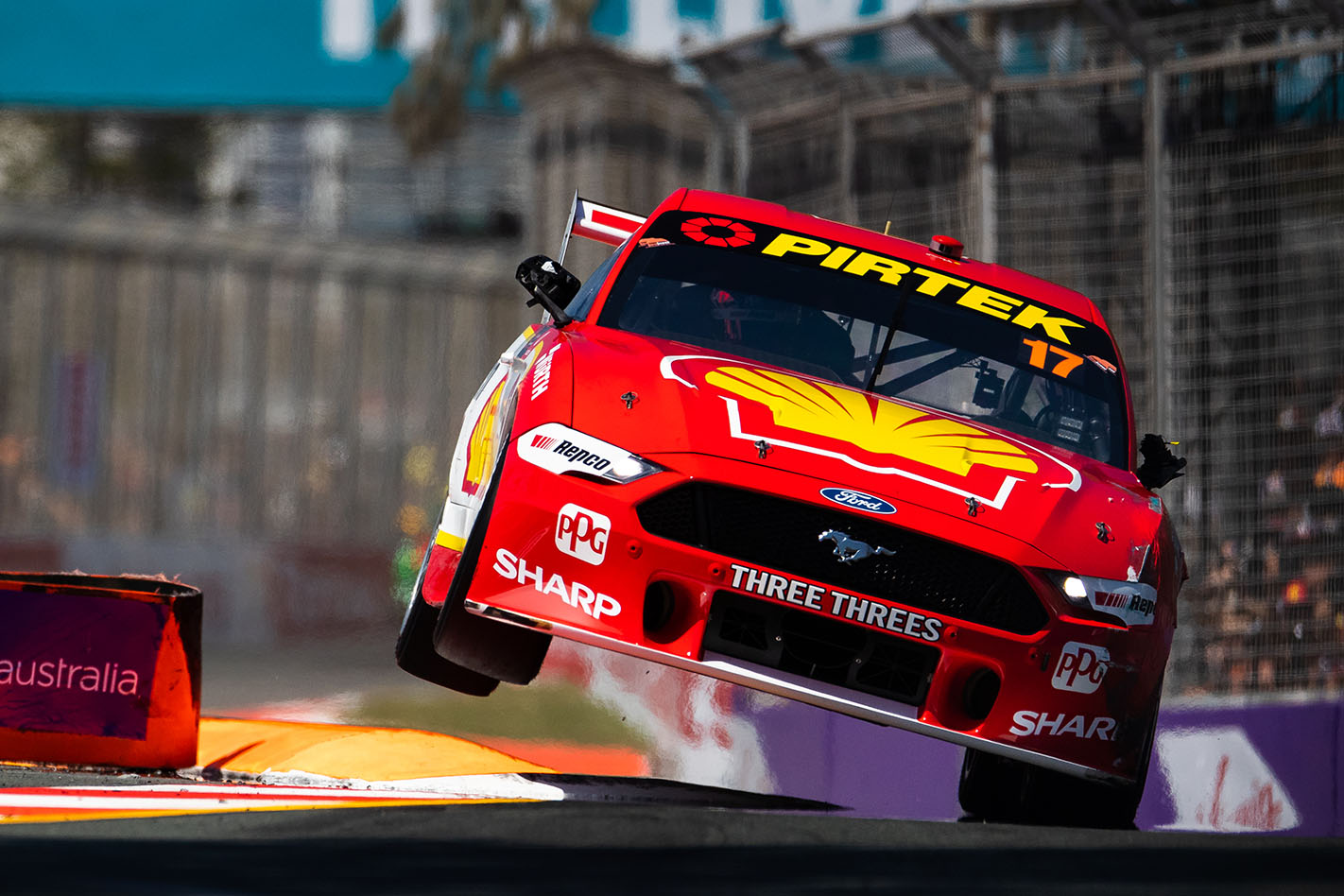
“But I think we need to be asking them for approval to run the car on the track, but not asking them for money to do so.
“I think what you will find moving forward is Supercars will take on the cost of homologating cars. That doesn’t mean we won’t welcome manufacturer participation in the sport, but we don’t necessarily rely on it either.”
When asked for clarification around Supercars taking on the cost of homologation, Casey explained that the category would do this by developing the panels and aero itself, leaving the manufacturer to simply sign-off on the use of its intellectual property.
“It would literally just be the approval to represent their product on track,” he added.
MORE ON THE FUTURE OF SUPERCARS
- Ford could leave Supercars if Holden isn’t replaced
- New engine regulations for Supercars for 2022
- Where to next for Supercars
When Wheels spoke to Ford Perfomance’s global chief Mark Rushbrook, he was adamant that Supercars’ proposed plan would jeopardise the Blue Oval’s participation in the sport if it goes ahead. Wheels spoke to Rushbrook following discussions with Casey, and shared Supercars’ idea with the Ford Performance director.
“In our experience [body homologation] cannot be done separately, and nor would we want it to be done separately,” he said to Wheels.
“That is why we are racing, for that innovation, development, and technology transfer. If the series wants to do the body, then it is not our body, and we wouldn’t be in the sport.”
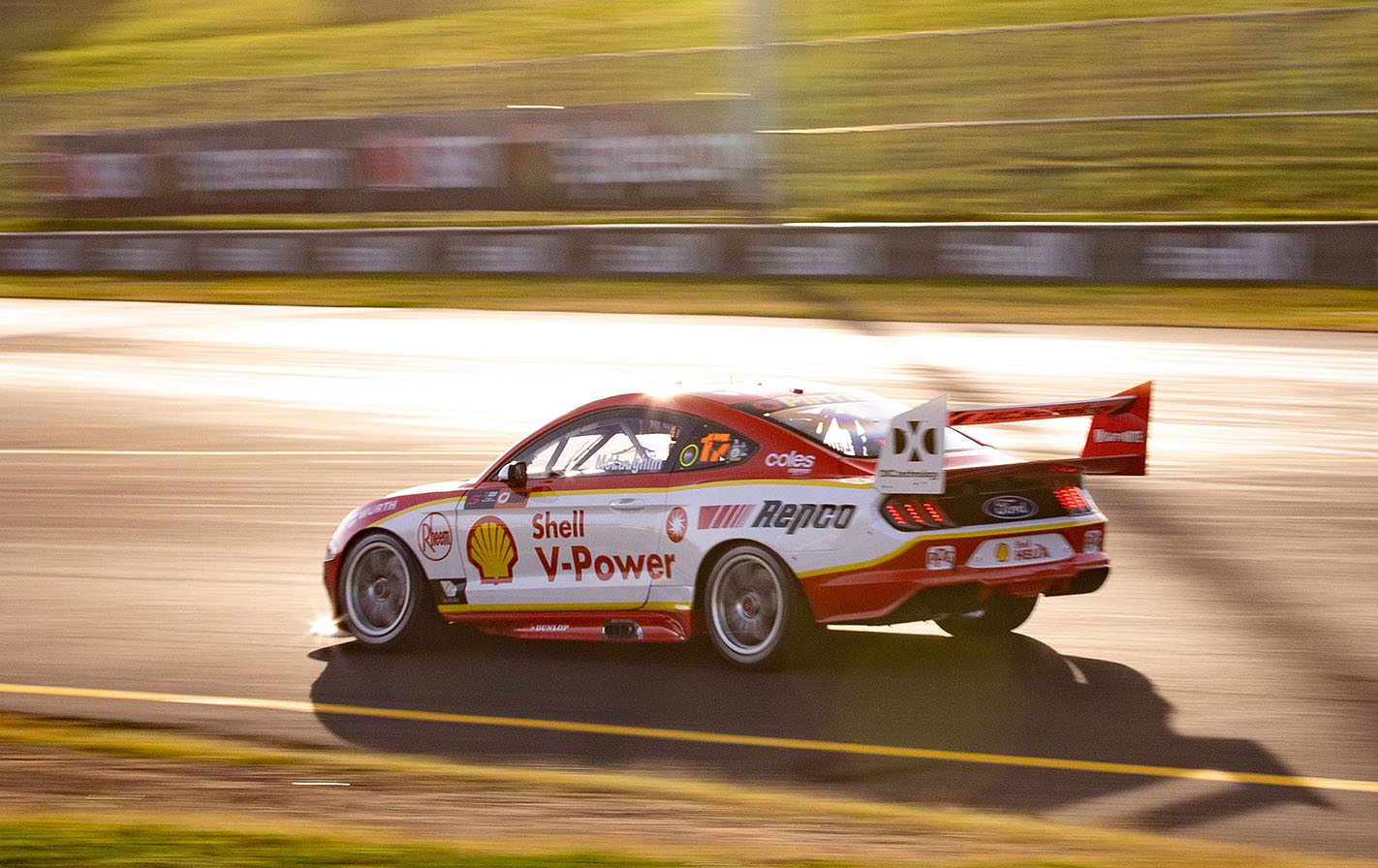
Ford Performance utilised its teams both locally and overseas during the development of its Mustang racer, which joined the Supercars grid in 2019.
When it was introduced, the Mustang set a new high watermark for technical development in the category.
Casey recognises that Supercars’ proposed system will not be for everyone.
“Some [manufacturers] will want to get involved, and some wont. That’s the way things are,” Casey said.
“We need to move into a position where we aren’t reliant on the support and participation that they have in the past.
“Some manufacturers will choose to not be represented on the race track, and that is totally their call.
“For some brands we will be a good fit, and for some brands we won’t.”
Insiders at two different manufacturers rumoured to be interested in joining Supercars told Wheels they would decline a request for their vehicle to be raced in the category under the proposed plan, even if it was cost-free.
New body homologation processes aren’t the only threat to Ford’s involvement in the category, with a new ‘crate’ engine plan that is also being considered failing to appease Mark Rushbrook, the global director of Ford Performance Motorsports.
More modern engine technology looks set to be implemented in the category as part of the Gen3 update, with one proposal being considered for Supercars to create a ‘one-size-fits-all’ control engine used by all the teams.
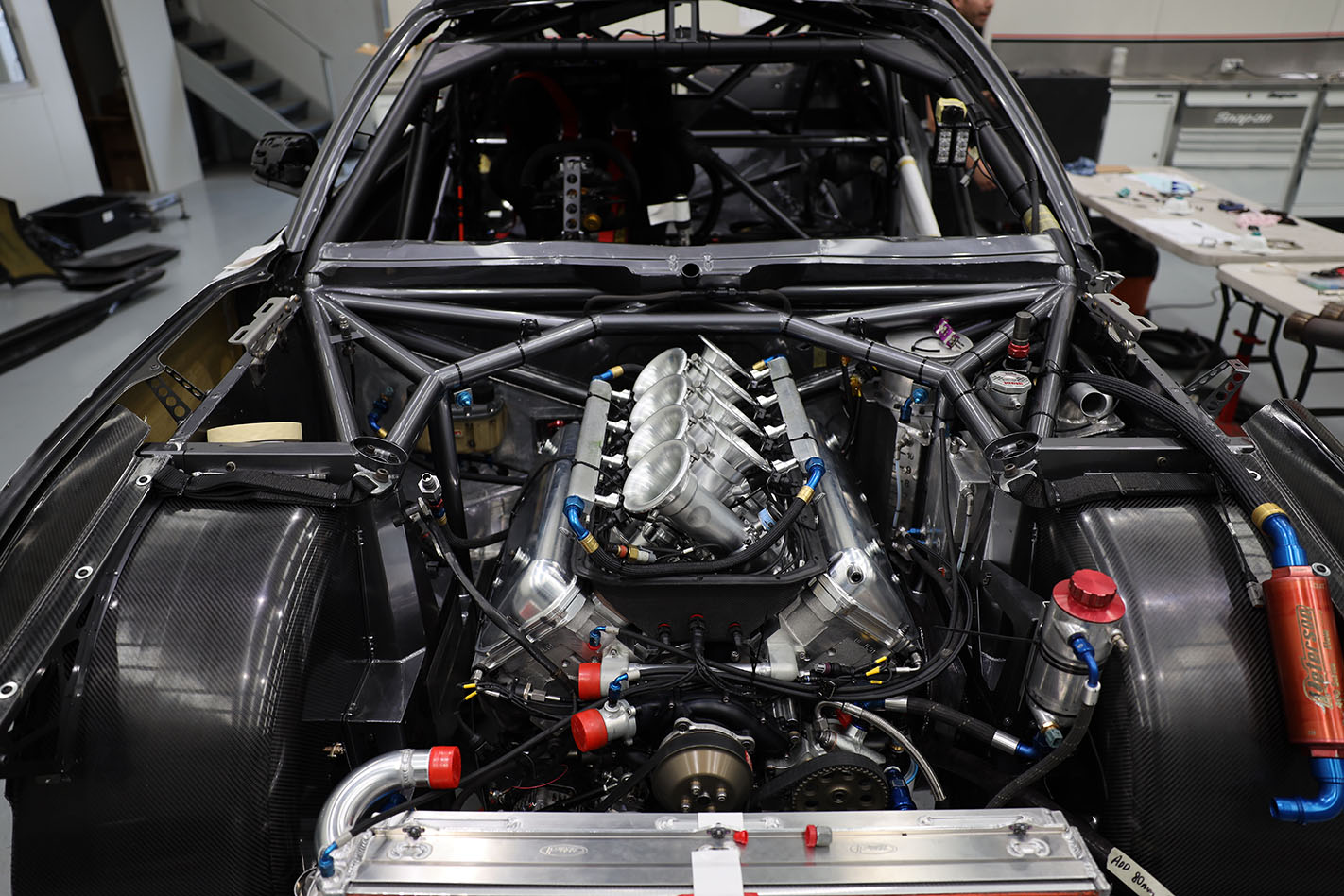
It is understood that if this were to happen, Ford’s Coyote 5.0-litre V8 is a frontrunning candidate.
However, again, Ford’s global motorsport boss was displeased by the proposal.
“We think that brand identity is very important for us, and our competitors, and we think it would be confusing for the sport, for the fans, if there was a Ford or Ford-based engine in another brand’s body,” Rushbrook told Wheels. “We would not be in support of doing that.”
Supercars will have to tread carefully if it intends to keep Ford happy, with the Blue Oval the only manufacturer currently committed to competing in the championship from the end of this year.


